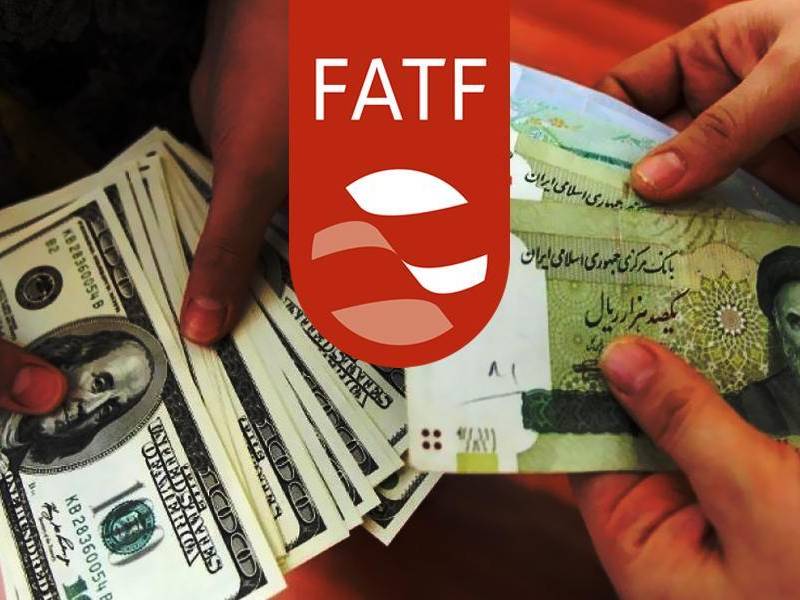Financial Action Task Force (FATF) announced Friday that it will keep Iran on its blacklist as it continues to ignore required measures against terrorist financing and money laundering.
The decision was made following “Iran’s failure to enact the Palermo and Terrorist Financing Conventions in line with the FATF Standards,” the international body stated, further adding that the regime will be considered as a high-risk jurisdiction as long as it chooses not to comply with the FATF’s action plan.
“Until Iran implements the measures required to address the deficiencies identified with respect to countering terrorism-financing in the Action Plan, the FATF will remain concerned with the terrorist financing risk emanating from Iran and the threat this poses to the international financial system,” FATF stressed.
According to FATF, in case Tehran agrees to approve the Palermo and Terrorist Financing Conventions, the body will then decide on the next steps which can include the suspension of international countermeasures.
The Palermo Convention was passed by the UN General Assembly in November 2000 to combat terrorism, human trafficking, and transnational organized crime. The convention is officially called the United Nations Convention Against Transnational Organized Crime (UNTOC).
The Iranian regime has been actively involved in financing terrorism at both regional and global levels. The regime’s proxy groups such as Hamas, the Palestine Islamic Jihad, Hezbollah and Yemeni Houthis have for long been engaged in destabilizing activities which have targeted the peace and security of the region and the whole world.
As an inter-state organization based in Paris, FATF’s recommendations shape banking policies of most countries and businesses who want to protect their own integrity and reputations. Thus, Iran’s international banking is severely impacted by its status in the FATF blacklist.

